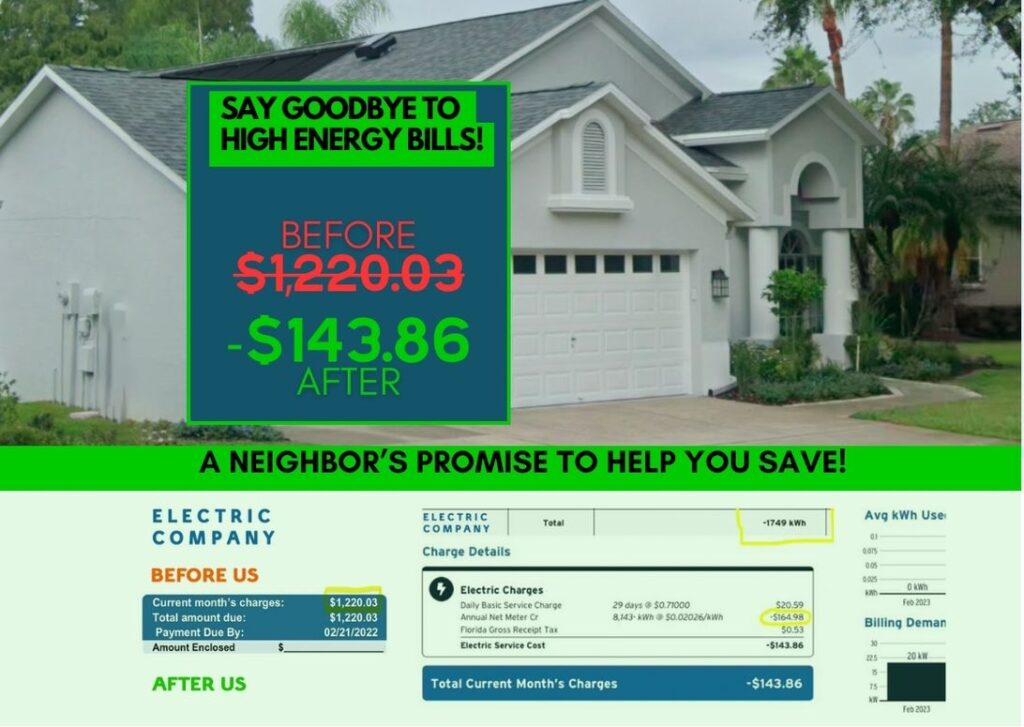In recent years, solar energy has become a popular and sustainable choice for homeowners looking to reduce their electricity bills and environmental footprint. However, many are drawn in by advertisements promising “free solar panels,” a claim that sounds almost too good to be true. In this article, we'll delve into the reality behind these offers and provide insights to help you make informed decisions about solar installations.
Understanding the Misleading Claims
“Free solar panels” advertisements are primarily marketing strategies to promote specific financing options such as solar leases and power purchase agreements (PPAs). While these options may involve no initial out-of-pocket costs, they are not truly free. Instead, homeowners enter into long-term contracts, usually spanning 20 to 25 years, with solar companies. These companies install the panels at no charge, but homeowners must pay a monthly lease or for the electricity generated by the panels.
How Solar Leases and PPAs Work
When you sign up for a solar lease or PPA, you agree to let the solar company install panels on your roof. In return, you either pay a fixed monthly lease fee or purchase the electricity produced by the panels. Essentially, this means replacing your traditional utility bill with a new solar bill. The goal is to have these payments equal to or less than your previous electricity expenses, resulting in some level of savings.
Key Financial Considerations
Despite the installation of solar panels, you will still receive a utility bill, especially if your electricity consumption exceeds the panels' production. Additional utility fees and connection charges may also apply. It's crucial to watch out for price escalators in your contract, which can increase your payment rates over time. Ideally, find a contract without these escalators to ensure long-term savings.
Advantages and Disadvantages
Solar leases and PPAs come with some benefits, such as energy production guarantees and maintenance services provided by the solar company. However, these agreements are most beneficial for homeowners who do not qualify for federal solar tax credits or who plan to stay in their homes for a long period. If you decide to sell your home, finding a buyer willing to take on the existing solar contract can be challenging.
Optimal Choices for Homeowners
For those looking for the highest possible savings and ownership benefits, purchasing solar panels outright with cash is the best option. This allows you to take full advantage of federal tax credits and other incentives. If upfront costs are a concern, a solar loan might be a better alternative than a lease or PPA, as it leads to eventual ownership of the panels and better long-term savings.
In summary, while “free solar panels” may sound appealing, they come with their own set of complexities and long-term financial commitments. It's essential to thoroughly research and consult with local solar installers to determine the best payment options for your situation. By doing so, you can make a more informed decision and truly benefit from the switch to solar energy.
We hope this article has shed light on the reality of “free solar panels” and helped clarify your options. For more detailed information and resources, feel free to explore additional content and videos provided by Solar Reviews.
By making informed choices, you can enjoy the benefits of solar energy while avoiding potential pitfalls associated with misleading advertising claims.


